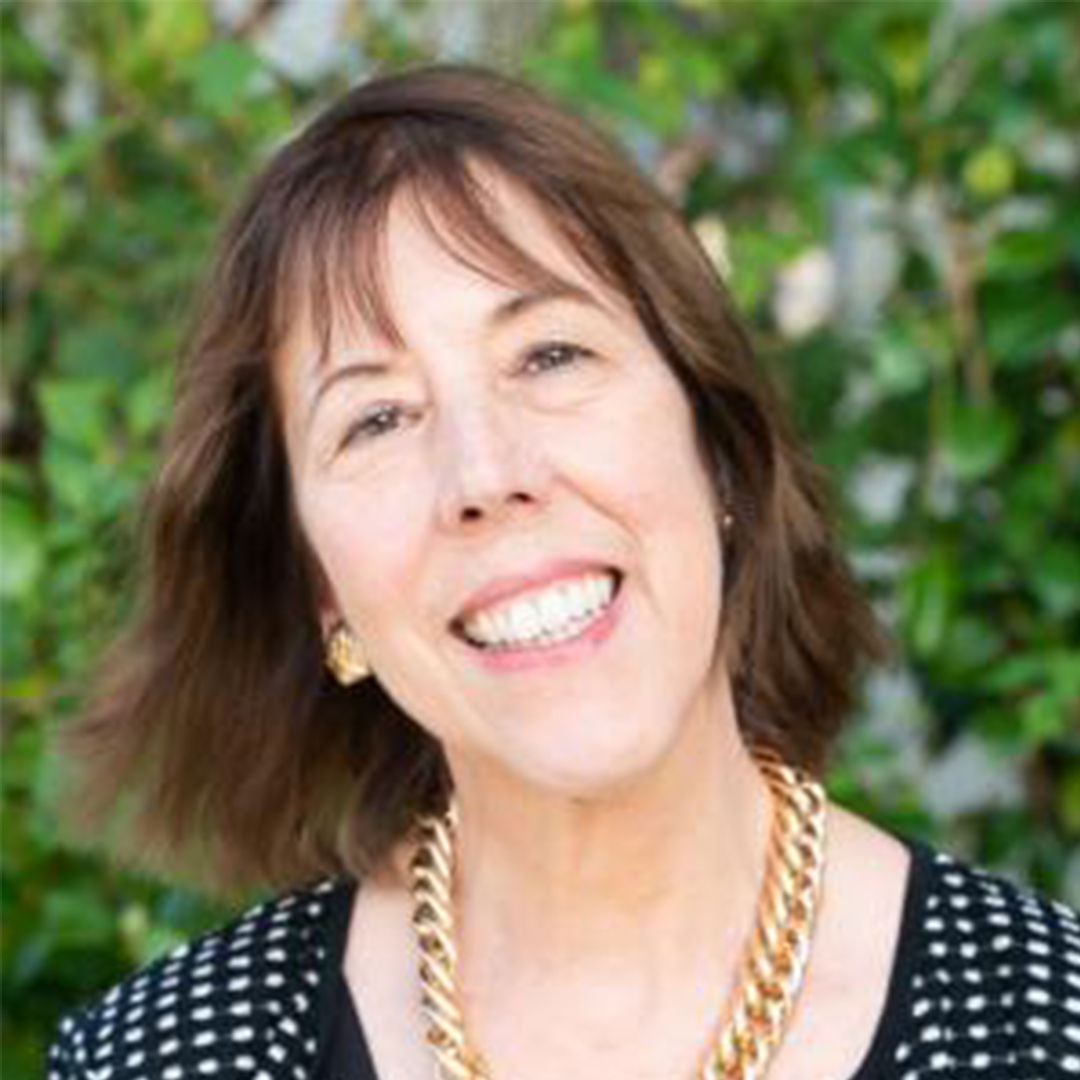Affirmative Action at the Supreme Court Post-Argument Analysis of SFFA v. Harvard/UNC
On October 31, the Supreme Court will hear oral arguments in two cases that challenge the use of racial preferences in higher-education admissions. A group called Students for Fair Admissions sued Harvard University and the University of North Carolina—the nation’s oldest private and public universities, respectively—over their affirmative action policies, which the group contends are unconstitutional because they discriminate against Asian Americans. The challengers argue that the Fourteenth Amendment and the federal law that forbids race discrimination by private educational institutions that receive federal funding require a race-neutral approach to accepting potential students.
In the 1978 Regents of the University of California v. Bakke case, the Supreme Court turned back a constitutional challenge to the use of race in admissions, allowing race to be considered as one of many factors. In 2003, our nation's highest court in Grutter v. Bollinger again narrowly upheld race-conscious admission practices, if they are “narrowly tailored” to further student-body diversity. The Court noted, however, that public universities' use of such admissions policies "must be limited in time."
Please join the Manhattan Institute on October 31 at 3 pm EST for a virtual discussion on the immediate aftermath of the oral arguments in SFFA v. Harvard and SFFA v. UNC, featuring Ilya Shapiro, MI senior fellow and director of constitutional studies; Gail Heriot, MI book fellow, member of the U.S. Commission on Civil Rights, and University Professor at the San Diego School of Law; and Wai Wah Chin, MI adjunct fellow and founding president of the Chinese American Citizens Alliance of Greater New York. The event will be moderated by MI senior fellow and director of legal policy James R. Copland.




